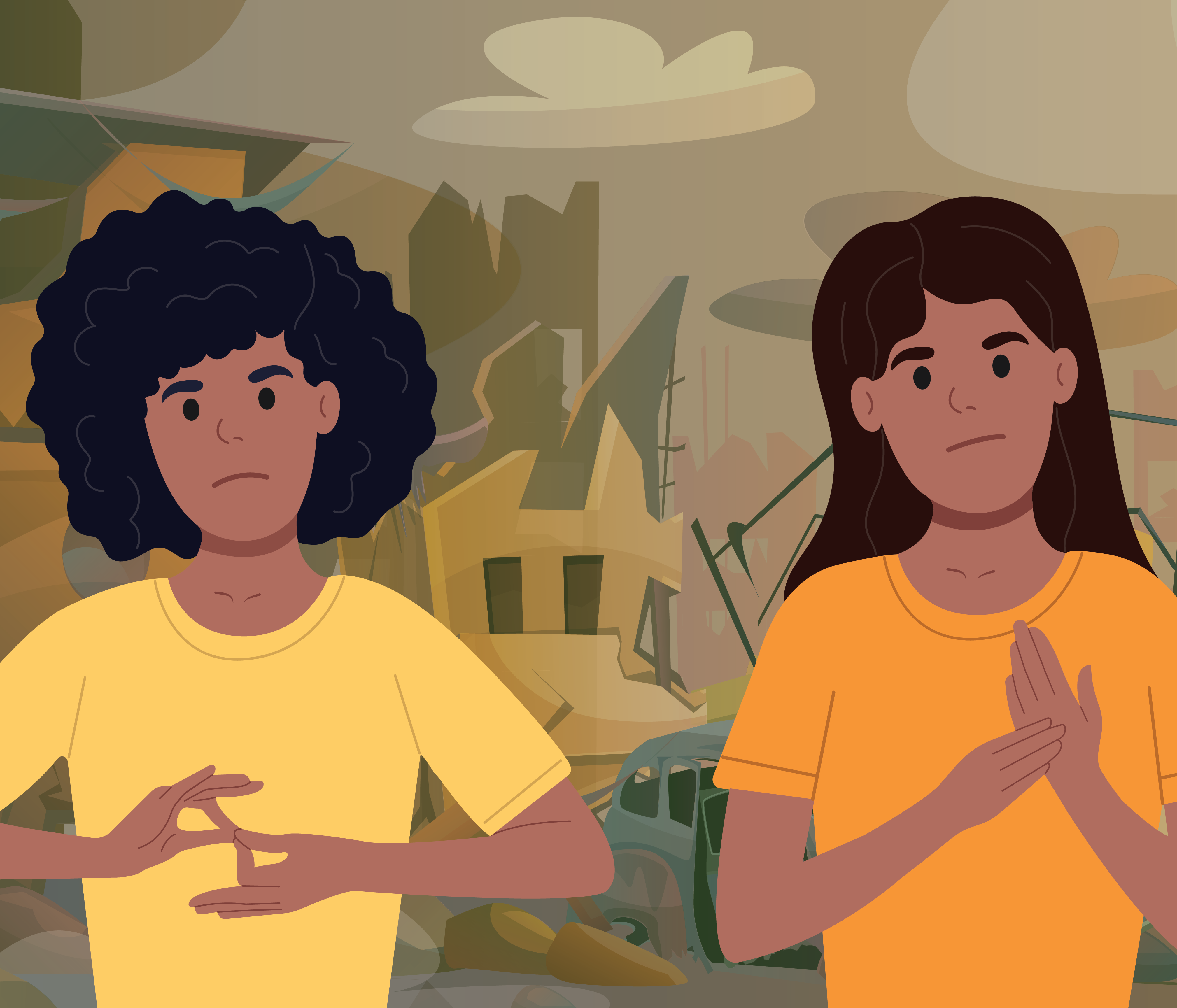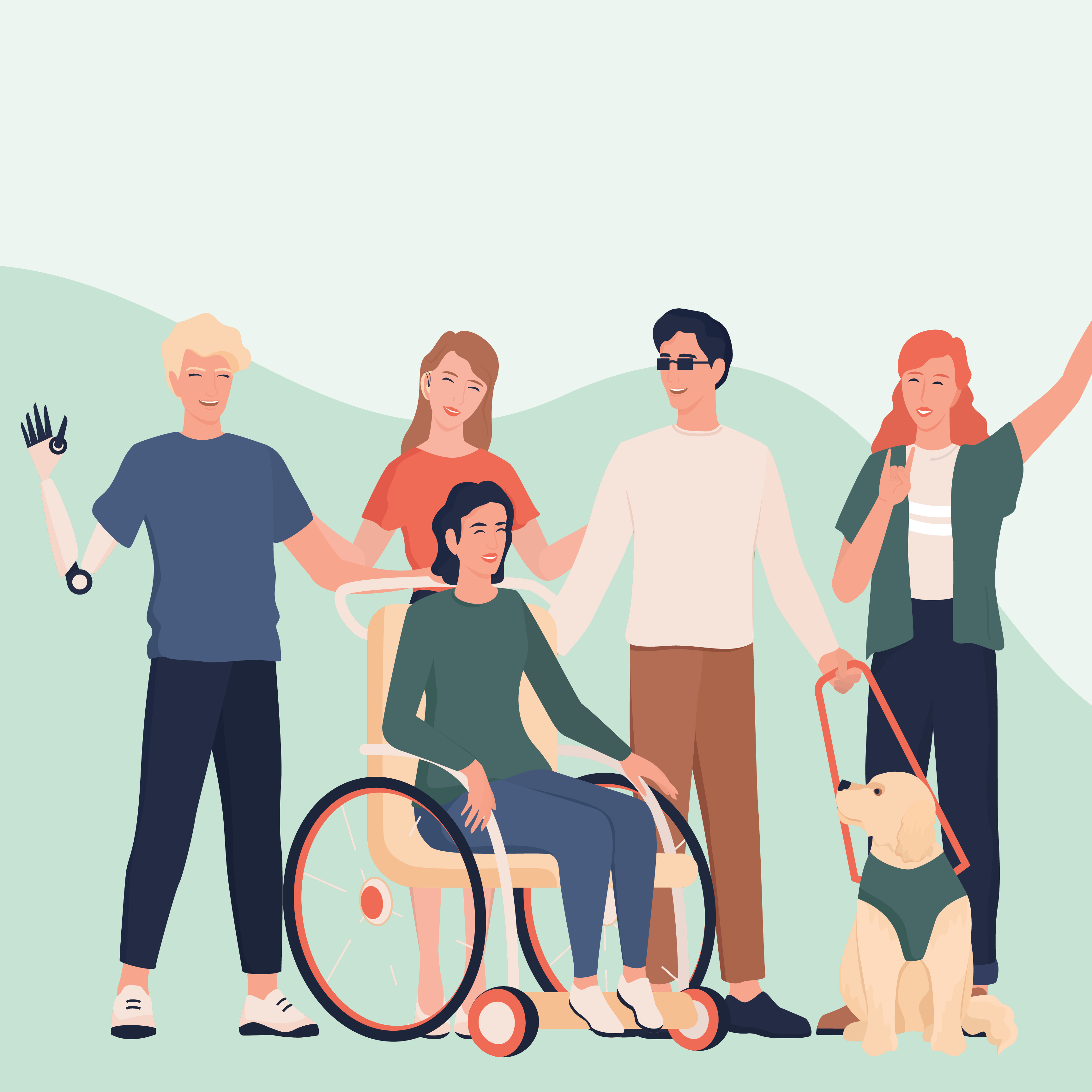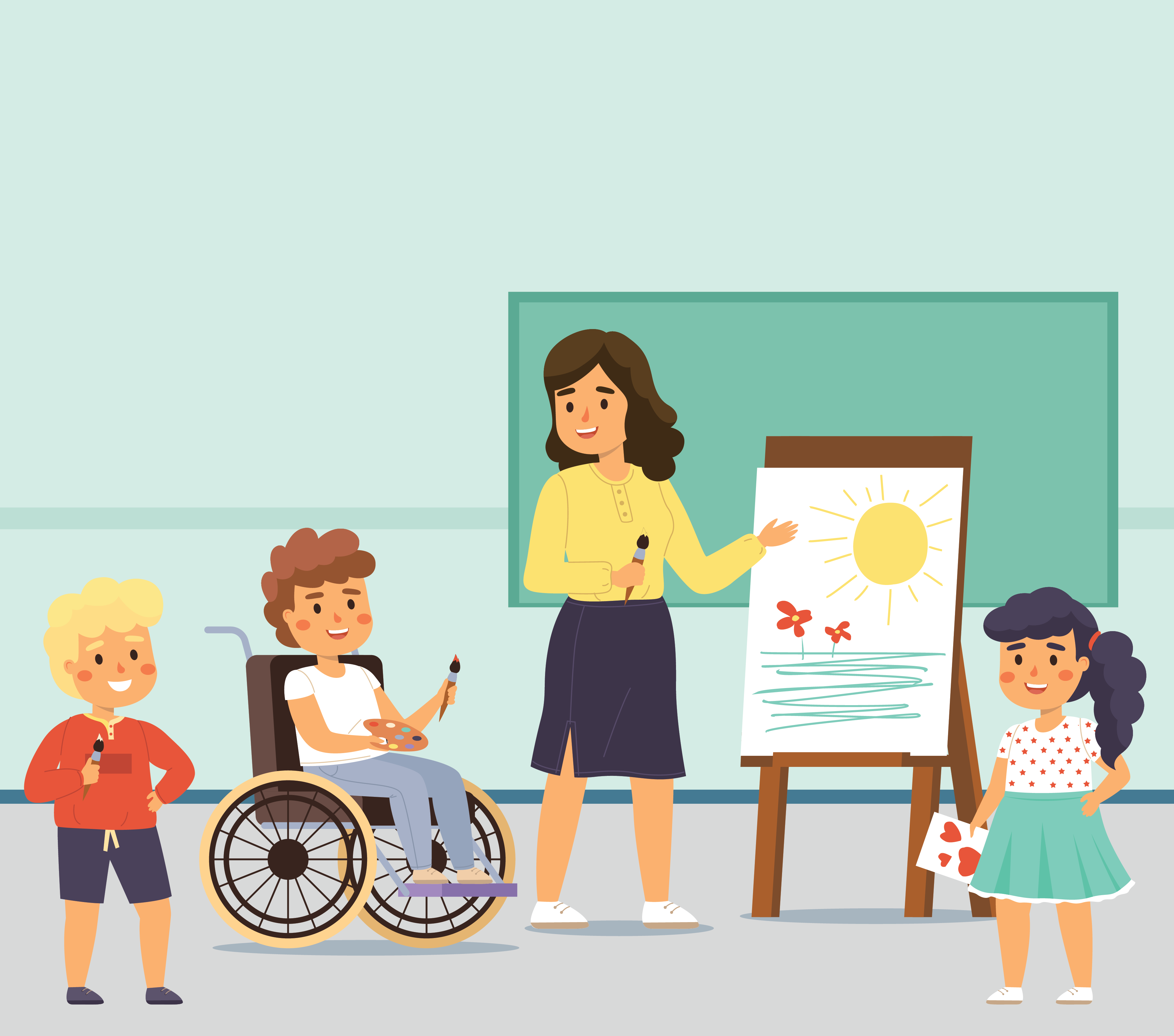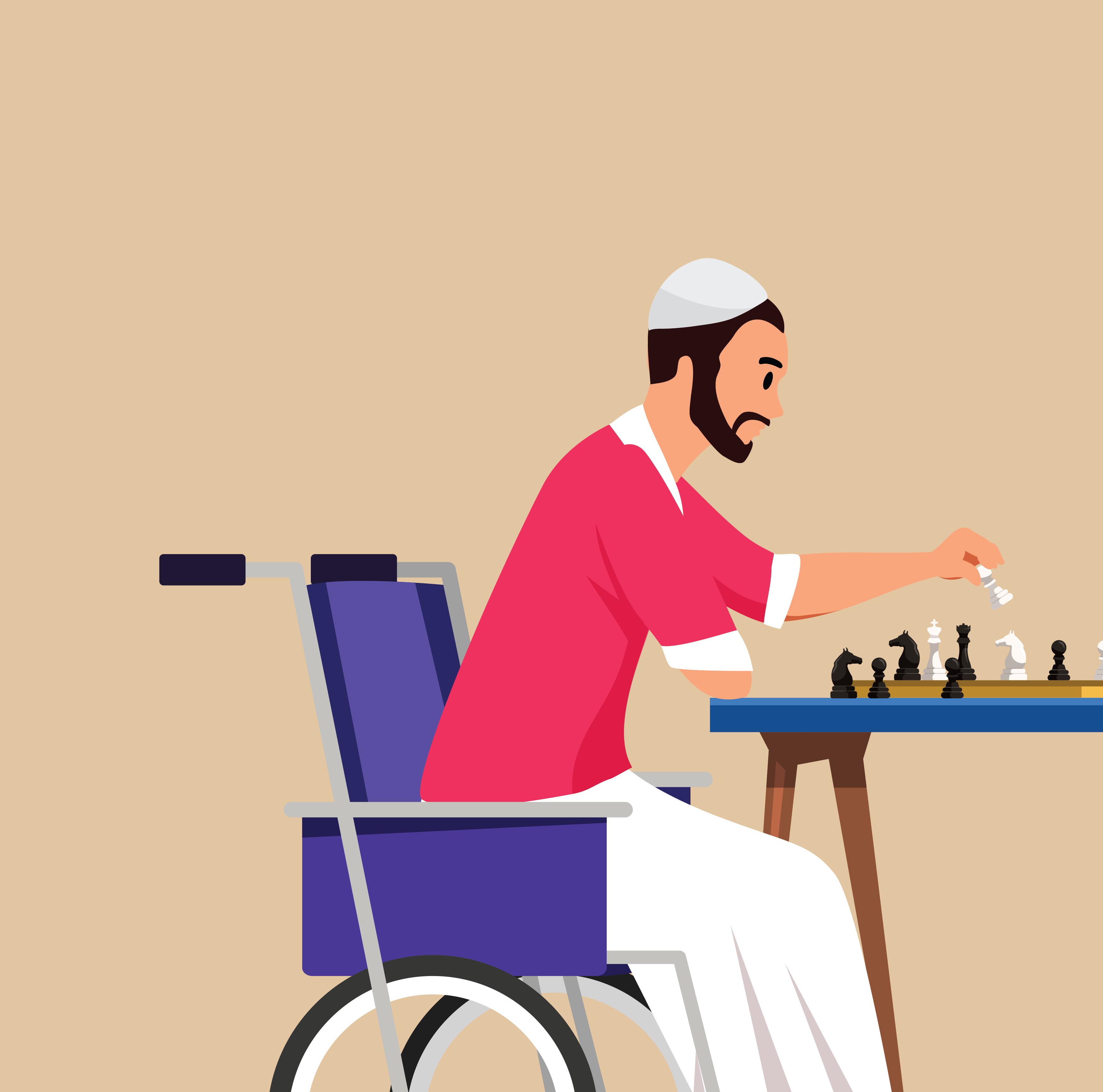
Implementing strategies
Compendiums of SBC Best Practices
Evidence by goal areas and regions
Introduction
In these compendiums, you can find good and promising SBC practices and examples from the field. Each case study encompasses key social and behaviour change (SBC) strategies, achievements, and lessons learned since 2015 and onwards. This work has been made possible by the amazing support of all SBC staff across regions in field office, country office, regional office and in HQ.
SBC Best Practices Compendiums by Goal Areas:
- Goal Area 1 Compendium of SBC Best Practices
- Goal Area 2 Compendium of SBC Best Practices
- Goal Area 3 Compendium of SBC Best Practices
- Goal Area 4 Compendium of SBC Best Practices
- Goal Area 5 Compendium of SBC Best Practices
- Goal Area 1 Compendium of SBC Best Practices
- UNICEF Malaysia Engages Youth Through Digital Social Spaces
- UNICEF Pacific Supports Micronesia Red Cross Society Youth in the Fight Against COVID-19 in the Federation States of Micronesia
- UNICEF Myanmar Creates Interactive Accountability to Affected Populations Dashboard to Improve Programme Interventions
- UNICEF Malaysia Uses COVID-19 Message Experiment Results to Design Risk Communication and Community Engagement Campaigns
- UNICEF Bulgaria’s ‘How are you really? Tell me’ Campaign Supports Psychological Resilience Among Adolescents
- UNICEF Georgia Supports Testing SMS Reminders to Motivate HPV Vaccination
- UNICEF Strengthens Immunization Campaigns in Europe and Central Asia
- UNICEF Poland Reaches Out to Ukrainian Refugee Families with Vaccination Campaign
- UNICEF Eastern and Southern Africa and UNICEF Tanzania Uses Social and Community Listening to Understand Polio Vaccine Hesitancy
- UNICEF Ethiopia Overcomes COVID-19 Vaccine Hesitancy Among Health Workers
- UNICEF Ethiopia Supports Human Centred Design Training to Make Disease Prevention a Normative Community Practice
- UNICEF Malawi Helps Improve Community-Level Nutrition and Health-Related Indicators
- UNICEF Rwanda Partners with Rwanda Red Cross Society to Address COVID-19 Rumors and Misinformation
- UNICEF Rwanda Helps Communities Address Immunization Demand-Related Challenges with Human-Centred Design
- UNICEF Rwanda Supports an Ethnographic Study to Understand Behavioural Drivers of Suboptimal Maternal and Child Feeding Practices
- UNICEF South Sudan Supports Strategy to Reach Hard-to-Reach Populations with Cholera Prevention Information
- UNICEF Shapes Risk Communication and Community Engagement Strategies in Twelve Countries
- UNICEF Highlights Gender-Focused Immunization Demand Programmes in Six Countries
- UNICEF Debunks Polio Misinformation Using Digital Community Engagement and Influencers
- UNICEF Bolivia Supports Behaviour Change Activities to Promote COVID-19 Vaccine Uptake
- UNICEF Brazil Uses Social Listening to Improve Adherence to Routine Child Immunization During the COVID-19 Pandemic
- UNICEF Colombia Engages Local Media Outlets to Reach Migrants with COVID-19 Messages
- UNICEF Guatemala Supports Ministry of Health to Develop Community Based Approach to Increase COVID-19 Vaccine Uptake
- UNICEF Gains Insight into Social Influences on Diet and Nutrition Behaviours in Colombia, Guatemala and Mexico
- UNICEF MENA Explores Integrating COVID-19 Vaccine with Other Services in Iraq and Syria
- UNICEF Sudan Uses Social Listening to Promote COVID-19 Vaccine Equity
- UNICEF MENARO Conducts Time-Series Surveys to Understand COVID-19 Knowledge, Attitudes, and Practices in 23 Middle East and North African Countries
- UNICEF Yemen Combats Cholera and COVID-19 through Health Behaviour Monitoring System
- UNICEF Bangladesh Supports Information Feedback Centers that Provide Rohingya Refugees in Cox’s Bazar, Bangladesh with Critical Information and Services
- UNICEF Bhutan Engages Scouts and Youth Volunteers to Disseminate COVID-19 Lifesaving Message
- UNICEF Nepal Uses Social and Behaviour Change Strategies to Provide Life-Saving Support to Nepalese in the Aftermath of Devastating Earthquakes
- UNICEF Nepal Helps to Improve the Safety of Female Community Health Volunteers Using Human Centred Design
- UNICEF Bangladesh Surpasses Goal During COVID-19 Pandemic Using Measles and Rubella Vaccination Campaign
- UNICEF Pakistan Develops Social and Behaviour Change Interventions to End Polio in Karachi
- UNICEF China Motivates Children to Change Their Food Habits
- UNICEF ROSA Delivers Demand Strategy Builder Package to Help Countries Increase Vaccine Uptake
- UNICEF Ghana Facilitates Social and Behaviour Change Research and Message Dissemination
- UNICEF Ghana Supports the Use of Human Centred Design to Improve COVID-19 Vaccination Uptake and Consistent Handwashing Among Health Workers at Vaccination Sites
- UNICEF Sierra Leone Uses U-Report Platform to Prevent a Cholera Outbreak and Facilitate Cash Transfers Among Mudslide Victims in Freetown
- UNICEF Leads Social Mobilization and Community Engagement Central to the Ebola Response in West Africa
- UNICEF Nigeria Supports Volunteer Community Mobilizers to Help Eradicate Polio UNICEF Ghana Supports Social Mobilization Activities to Increase COVID-19 Vaccination Coverage Among the Fulani Population
- UNICEF Burkina Faso Assesses Scale-Up of Optimal Infant and Young Child Feeding Practices in Two Health Districts
- Goal Area 2 Compendium of SBC Best Practices
- UNICEF Fiji Improves Parent Engagement for Children’s Return to School after COVID-19
- UNICEF Indonesia Supports Student-Led Bullying Prevention Programme
- UNICEF Croatia and Serbia Support Family-Centred Services for Early Childhood Education
- UNICEF Montenegro Uses Behavioural Insights to Develop Social and Behaviour Change Messages for Parents Receiving Government Child Allowances
- UNICEF Jamaica Supports School-Wide Positive Behaviour Intervention System
- UNICEF Jordan Transforms the Lives of Vulnerable Children and Adolescents
- UNICEF Oman Develops Social and Behaviour Change Strategy to Address Early Childhood Development, Inclusion of Children with Disabilities and Violence Against Children
- Goal Area 3 Compendium of SBC Best Practices
- UNICEF Indonesia Supports Student-Led Bullying Prevention Programme
- UNICEF Timor-Leste Improves Developmental Outcomes for Disadvantaged Youth
- UNICEF Ukraine Uses Superheroes to Teach Children to Steer Clear of Landmines and Unexploded Devices
- UNICEF Ethiopia Connects with Adolescents to Change Behaviours and Increase Agency
- UNICEF Mozambique Addresses Root Causes of Child Marriage
- UNICEF Somalia Supports Communities Care Model to Eliminate Female Genital Mutilation
- UNICEF Uganda Supports a WhatsApp Coordination Mechanism to Prevent Cross-Border Female Genital Mutilation between Uganda and Kenya
- UNICEF Launches Initiative to Improve Social Norms Measurement and Programming
- UNICEF Cuba Supports the Mídete Campaign for the Prevention of Violence Against Children and Adolescents
- UNICEF Dominican Republic’s Social and Behaviour Change Strategy Promotes the Transformation of Social Norms that Drive Child Marriage and Early Unions
- UNICEF Jamaica Supports School-Wide Positive Behaviour Intervention System
- UNICEF Venezuela Implements Jornadas to Enhance Community Engagement for Child Protection
- UNICEF Jordan Support Creating Happy Homes through the Parenting Program
- UNICEF Lebanon Uses Social Mobilization to Motivate Transformational Change for Children and Women through QUDWA Strategy
- UNICEF Lebanon Tackles Disability Stigma
- UNICEF Egypt Supports Positive Parenting and Girls’ Empowerment Programmes to Promote Children’s Rights
- UNICEF Oman Develops Social and Behaviour Change Strategy to Address Early Childhood Development, Inclusion of Children with Disabilities and Violence Against Children
- UNICEF India Promotes Healthy COVID-19 Related Behaviours to Youth
- UNICEF Bhutan Raises Awareness About Violence Against Children UNICEF Nepal Uses Radio Drama to Transform Gender Norms and Enhance Child Welfare
- UNICEF Niger Supports Girls and Youth Empowerment Through Skills-Building Platform and Community Hubs
- Goal Area 4 Compendium of SBC Best Practices
- UNICEF Indonesia Provides WASH Support for Safely Reopening Schools Following COVID-19 Closures
- UNICEF Ethiopia Helps Break the Silence of Menstrual Hygiene Management
- UNICEF Nepal Supports Innovative Youth-Led Social Mobilization Initiatives to Prevent Acute Gastroenteritis and Cholera in Kathmandu Valley
- UNICEF Ghana Helps Prevent Outbreaks and through Digital Platform Agoo
- Goal Area 5 Compendium of SBC Best Practices
- UNICEF Viet Nam’s Improves Tolerance and Inclusion Among Youth During the COVID-19 Pandemic through Kindness is Contagious Campaign
- UNICEF Bulgaria Pilots a New Model of Care for Children with Disabilities
- UNICEF Georgia Supports See Every Colour Anti-Stigma Campaign for Children with Disabilities
- UNICEF ECARO National Outpost in Italy OPS! Campaign Aims to Flip the Script on Racial Prejudice Against Migrants and Refugees
- UNICEF Mexico Improves Relationships Between Migrants and Host Communities in Tapachula, Mexico
- UNICEF Lebanon Tackles Disability Stigma
- UNICEF Palestine Supports the Development of an SBC Strategy for Children with Developmental Delays and Disabilities
- UNICEF Oman Develops Social and Behaviour Change Strategy to Address Early Childhood Development, Inclusion of Children with Disabilities and Violence Against Children
- UNICEF Afghanistan Develops New Social and Behaviour Change Integrated Strategy
- UNICEF Niger Helps to Strengthen Community Engagement Using the Niyya Da Alkawali Approach
- UNICEF Niger Supports Girls and Youth Empowerment Through Skills-Building Platform and Community Hubs
SBC Best Practices Compendiums by Regions:
- East Asia and the Pacific Compendium of SBC Best Practices
- Europe and Central Asia Compendium of SBC Best Practices
- Eastern and Southern Africa Compendium of SBC Best Practices
- Latin America and the Caribbean Compendium of SBC Best Practices
- Middle East and Northern Africa Compendium of SBC Best Practices
- South Asia Compendium of SBC Best Practices
- West and Central Africa Region Compendium of SBC Best Practices
- East Asia and the Pacific Compendium of SBC Best Practices
- UNICEF China Motivates Children to Change Their Food Habits
- UNICEF Fiji Improves Parent Engagement for Children’s Return to School after COVID-19
- UNICEF Indonesia Supports Student-Led Bullying Prevention Programme
- UNICEF Indonesia Provides WASH Support for Safely Reopening Schools Following COVID-19 Closures
- UNICEF Malaysia Engages Youth Through Digital Social Spaces
- UNICEF Malaysia Uses COVID-19 Message Experiment Results to Design Risk Communication and Community Engagement Campaigns
- UNICEF Myanmar Creates Interactive Accountability to Affected Populations Dashboard to Improve Programme Interventions
- UNICEF Pacific Supports Micronesia Red Cross Society Youth in the Fight Against COVID-19 in the Federation States of Micronesia
- UNICEF Timor-Leste Improves Developmental Outcomes for Disadvantaged Youth
- UNICEF Viet Nam’s Improves Tolerance and Inclusion Among Youth During the COVID-19 Pandemic through Kindness is Contagious Campaign
- Europe and Central Asia Compendium of SBC Best Practices
- UNICEF Bulgaria’s ‘How are you really? Tell me’ Campaign Supports Psychological Resilience Among Adolescents
- UNICEF Bulgaria Pilots a New Model of Care for Children with Disabilities
- UNICEF Croatia and Serbia Support Family-Centred Services for Early Childhood Education
- UNICEF ECARO National Outpost in Italy OPS! Campaign Aims to Flip the Script on Racial Prejudice Against Migrants and Refugees
- UNICEF Georgia Supports Testing SMS Reminders to Motivate HPV Vaccination
- UNICEF Georgia Supports See Every Colour Anti-Stigma Campaign for Children with Disabilities
- UNICEF Montenegro Uses Behavioural Insights to Develop Social and Behaviour Change Messages for Parents Receiving Government Child Allowances
- UNICEF Poland Reaches Out to Ukrainian Refugee Families with Vaccination Campaign
- UNICEF Ukraine Uses Superheroes to Teach Children to Steer Clear of Landmines and Unexploded Devices
- UNICEF Strengthens Immunization Campaigns in Europe and Central Asia
- Eastern and Southern Africa Compendium of SBC Best Practices
- UNICEF Eastern and Southern Africa and UNICEF Tanzania Uses Social and Community Listening to Understand Polio Vaccine Hesitancy
- UNICEF Ethiopia Overcomes COVID-19 Vaccine Hesitancy Among Health Workers
- UNICEF Ethiopia Supports Human Centred Design Training to Make Disease Prevention a Normative Community Practice
- UNICEF Ethiopia Helps Break the Silence of Menstrual Hygiene Management
- UNICEF Ethiopia Connects with Adolescents to Change Behaviours and Increase Agency
- UNICEF Malawi Helps Improve Community-Level Nutrition and Health-Related Indicators
- UNICEF Mozambique Addresses Root Causes of Child Marriage
- UNICEF Rwanda Partners with Rwanda Red Cross Society to Address COVID-19 Rumors and Misinformation
- UNICEF Rwanda Helps Communities Address Immunization Demand-Related Challenges with Human-Centred Design
- UNICEF Rwanda Supports an Ethnographic Study to Understand Behavioural Drivers of Suboptimal Maternal and Child Feeding Practices
- UNICEF Somalia Supports Communities Care Model to Eliminate Female Genital Mutilation
- UNICEF South Sudan Supports Strategy to Reach Hard-to-Reach Populations with Cholera Prevention Information
- UNICEF Uganda Supports a WhatsApp Coordination Mechanism to Prevent Cross-Border Female Genital Mutilation between Uganda and Kenya
- Latin America and the Caribbean Compendium of SBC Best Practices
- UNICEF Bolivia Supports Behaviour Change Activities to Promote COVID-19 Vaccine Uptake
- UNICEF Brazil Uses Social Listening to Improve Adherence to Routine Child Immunization During the COVID-19 Pandemic
- UNICEF Colombia Engages Local Media Outlets to Reach Migrants with COVID-19 Messages
- UNICEF Cuba Supports the Mídete Campaign for the Prevention of Violence Against Children and Adolescents
- UNICEF Dominican Republic’s Social and Behaviour Change Strategy Promotes the Transformation of Social Norms that Drive Child Marriage and Early Unions
- UNICEF Guatemala Supports Ministry of Health to Develop Community Based Approach to Increase COVID-19 Vaccine Uptake
- UNICEF Mexico Improves Relationships Between Migrants and Host Communities in Tapachula, Mexico
- UNICEF Gains Insight into Social Influences on Diet and Nutrition Behaviours in Colombia, Guatemala and Mexico
- UNICEF Jamaica Supports School-Wide Positive Behaviour Intervention System
- UNICEF Venezuela Implements Jornadas to Enhance Community Engagement for Child Protection
- Middle East and Northern Africa Compendium of SBC Best Practices
- UNICEF Egypt Supports Positive Parenting and Girls’ Empowerment Programmes to Promote Children’s Rights
- UNICEF Jordan Support Creating Happy Homes through the Parenting Program
- UNICEF Jordan Transforms the Lives of Vulnerable Children and Adolescents
- UNICEF Lebanon Uses Social Mobilization to Motivate Transformational Change for Children and Women through QUDWA Strategy
- UNICEF Lebanon Tackles Disability Stigma
- UNICEF MENA Explores Integrating COVID-19 Vaccine with Other Services in Iraq and Syria
- UNICEF MENARO Conducts Time-Series Surveys to Understand COVID-19 Knowledge, Attitudes, and Practices in 23 Middle East and North African Countries
- UNICEF Oman Develops Social and Behaviour Change Strategy to Address Early Childhood Development, Inclusion of Children with Disabilities and Violence Against Children
- UNICEF Palestine Supports the Development of a SBC Strategy for Children with Developmental Delays and Disabilities
- UNICEF Sudan Uses Social Listening to Promote COVID-19 Vaccine Equity
- UNICEF Yemen Combats Cholera and COVID-19 through Health Behaviour Monitoring System
- South Asia Compendium of SBC Best Practices
- UNICEF Afghanistan Develops New Social and Behaviour Change Integrated Strategy
- UNICEF Bangladesh Supports Information Feedback Centers that Provide Rohingya Refugees in Cox’s Bazar, Bangladesh with Critical Information and Services
- UNICEF Bangladesh Surpasses Goal During COVID-19 Pandemic Using Measles and Rubella Vaccination Campaign
- UNICEF Bhutan Raises Awareness About Violence Against Children
- UNICEF Bhutan Engages Scouts and Youth Volunteers to Disseminate COVID-19 Lifesaving Message
- UNICEF India Promotes Healthy COVID-19 Related Behaviours to Youth UNICEF Nepal Supports Innovative Youth-Led Social Mobilization Initiatives to Prevent Acute Gastroenteritis and Cholera in Kathmandu Valley
- UNICEF Nepal Uses Social and Behaviour Change Strategies to Provide Life-Saving Support to Nepalese in the Aftermath of Devastating Earthquakes
- UNICEF Nepal Helps to Improve the Safety of Female Community Health Volunteers Using Human Centred Design
- UNICEF Nepal Uses Radio Drama to Transform Gender Norms and Enhance Child Welfare
- UNICEF Pakistan Develops Social and Behaviour Change Interventions to End Polio in Karachi
- UNICEF ROSA Delivers Demand Strategy Builder Package to Help Countries Increase Vaccine Uptake
- West and Central Africa Region Compendium of SBC Best Practices
- UNICEF Burkina Faso Assesses Scale-Up of Optimal Infant and Young Child Feeding Practices in Two Health Districts
- UNICEF Ghana Facilitates Social and Behaviour Change Research and Message Dissemination
- UNICEF Ghana Helps Prevent Outbreaks and through Digital Platform Agoo
- UNICEF Ghana Supports the Use of Human Centred Design to Improve COVID-19 Vaccination Uptake and Consistent Handwashing Among Health Workers at Vaccination Sites
- UNICEF Ghana Supports Social Mobilization Activities to Increase COVID-19 Vaccination Coverage Among the Fulani Population
- UNICEF Niger Helps to Strengthen Community Engagement Using the Niyya Da Alkawali Approach
- UNICEF Nigeria Supports Volunteer Community Mobilizers to Help Eradicate Polio
- UNICEF Niger Supports Girls and Youth Empowerment Through Skills-Building Platform and Community Hubs
- UNICEF Sierra Leone Uses U-Report Platform to Prevent a Cholera Outbreak and Facilitate Cash Transfers Among Mudslide Victims in Freetown
- UNICEF Leads Social Mobilization and Community Engagement Central to the Ebola Response in West Africa








